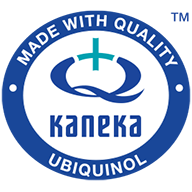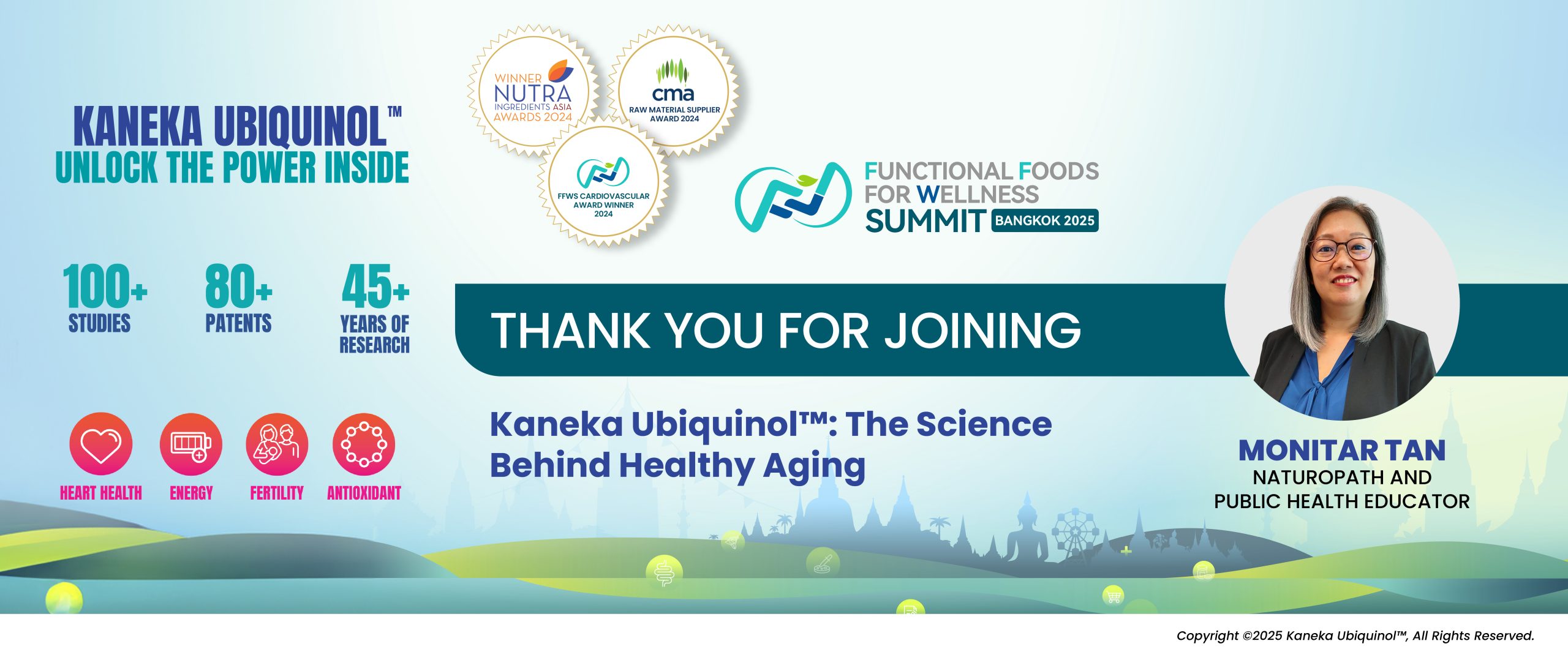5 Overlooked foods for healthy ageing
Apr 2017Recent Article

The ageing process is inevitable for us, however following a healthy lifestyle and eating nutrient-packed foods can help us to stay active, slow the ageing process and perhaps even prevent some age-related chronic diseases.
After the age of 30, our body’s natural Ubiquinol levels start to decline so it’s important to ensure our diets contains foods rich in CoQ10 – the oxidised form of Ubiquinol. CoQ10 is converted to Ubiquinol in our bodies, which is the more absorbable form of the compound. Importantly, it is known for its anti-ageing effects.
The dietary sources highest in CoQ10 are usually meat and poultry products, however there are also many vegetarian options.
- Sardines for Vitamin D and CoQ10
Rich in Omega-3 fats and Vitamin D, the benefits of eating fish like sardines are linked to the prevention of cholesterol build up in arteries. Sardines are also packed with a hefty supply of CoQ10. Eating CoQ10-rich foods, along with a diet high in fibre and low in sodium and saturated fats, may help support your heart health.
- Peanuts for Vitamin B3 and CoQ10
Legumes such as peanuts are one of the healthiest and simplest plant-based snacks containing CoQ10. They are also rich in Vitamin B3 and minerals. Vitamin B3, commonly known as Niacin, helps convert food to energy and helps our digestive system, skin and nerves to function properly.
- Extra virgin olive oil for Omega-6 fats and CoQ10
Decades ago researchers discovered that the monounsaturated and Omega-6 fat in olive oil was responsible for the low rates of heart disease in the Mediterranean diet, particularly in Greece. Olive oil also contains one of the highest levels of CoQ10, an antioxidant known for protecting the heart and fighting chronic inflammation.
- Parsley for Vitamin K and CoQ10
Parsley is a little Mediterranean herb that lends a sprinkling of colour to your plate, but it’s more than just a garnish. Parsley has been around for more than 2000 years, and boasts some time-tested benefits. Amongst other vitamins, it is rich in vitamin K, which is essential for bone health, and it’s also one of the highest vegetable sources of CoQ10.
- Raw soybeans for Molybdenum and CoQ10
Soybeans are one of the best sources of plant-based protein. Along with other minerals, it contains molybdenum, which helps to jump-start four of your body’s important enzymes. It works as a co-factor for sulfite oxidase, which is necessary for metabolism of sulfur-containing amino acids; xanthine oxidase, which contributes to antioxidant capacity of the blood; aldehyde oxidase, which joins with xanthine oxidase in the metabolism of drugs and toxins; and mitochondrial amidoxime-reducing component, which accelerates the removal of certain toxic substances. Raw soybeans also contain a moderate amount of CoQ10 and are one of the highest plant-based sources of the compound.
CoQ10 (Ubiquinol) is found in a wide variety of foods, however its amount is rather small. If you want to take 100mg of CoQ10 strictly from food, 20 sardines or 2 kilograms of beef or pork are required, therefore CoQ10 intake as a supplement is recommended.
There are many national brands that make products containing Ubiquinol. Ask your health practitioner or local pharmacist for the best product for you.
Please Note: Always read the label. Use only as directed. If symptoms persist consult your healthcare practitioner. Vitamin supplements should not replace a balanced diet.
You can share this by:
Keep up-to-date with Ubiquinol News
Ubiquinol Headlines
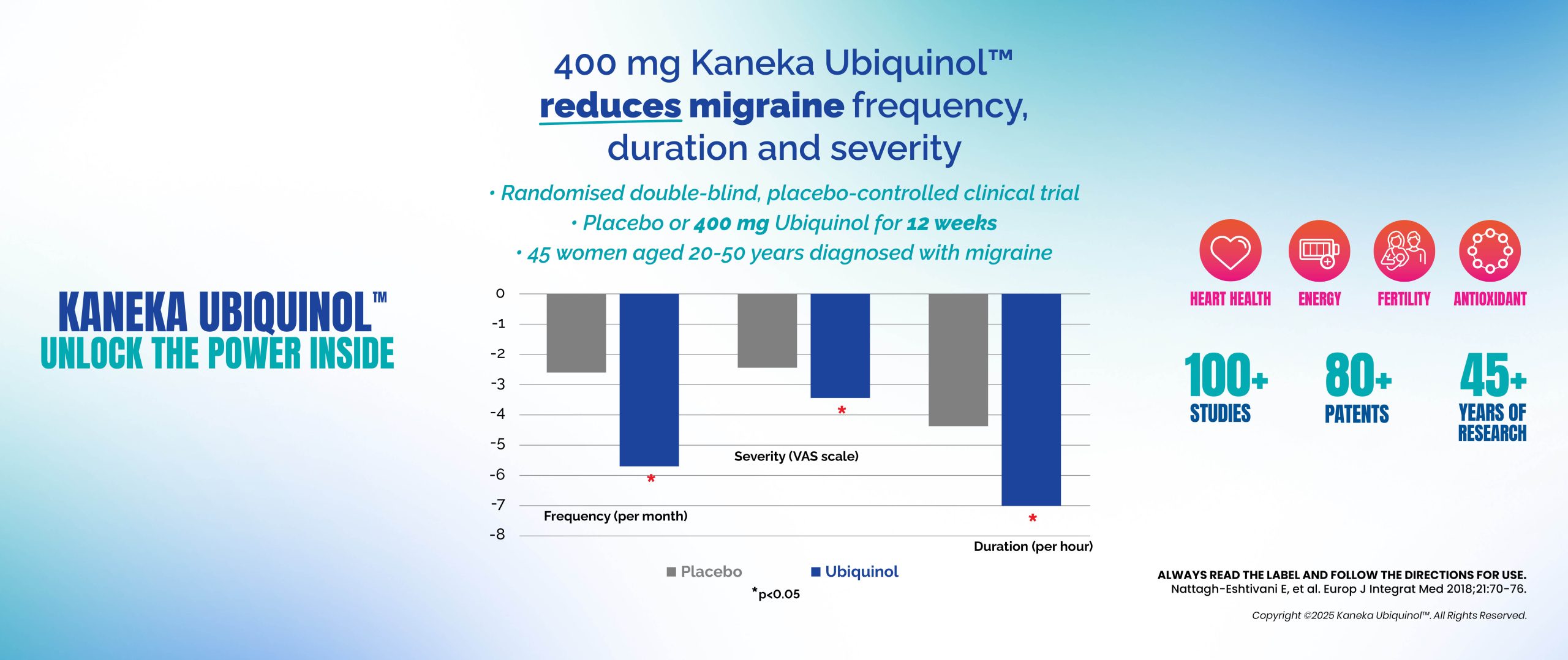
Ubiquinol: Supporting Migraine Relief Through Cellular Energy
Jan 2025Category: Antioxidants, complementary medicine, Energy, Fatigue, Health, Health Industry, healthy ageing, Kaneka, Mitochondrial health, Nutrition, Stress, Ubiquinol, Vitamins, wellnessRead More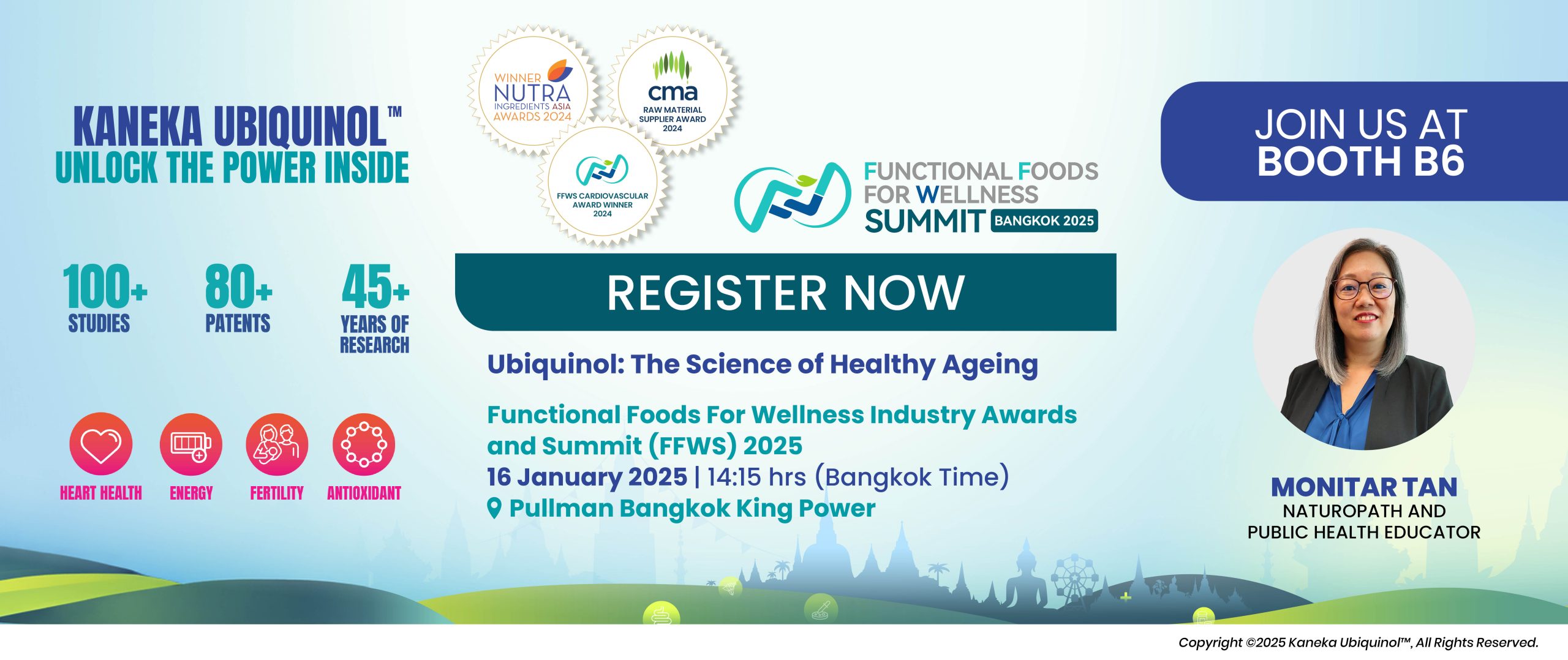
Kaneka Ubiquinol™ at Functional Foods for Wellness Industry Awards and Summit, #FFWS2025
Jan 2025Category: Ageing, Antioxidants, Awards, cardiovascular health, Conference, Conferences, Energy, Fatigue, FFWS2025, Health, Health Industry, healthy ageing, Kaneka, Menopause, Mitochondrial health, Nutrition, Ubiquinol, VitaminsRead More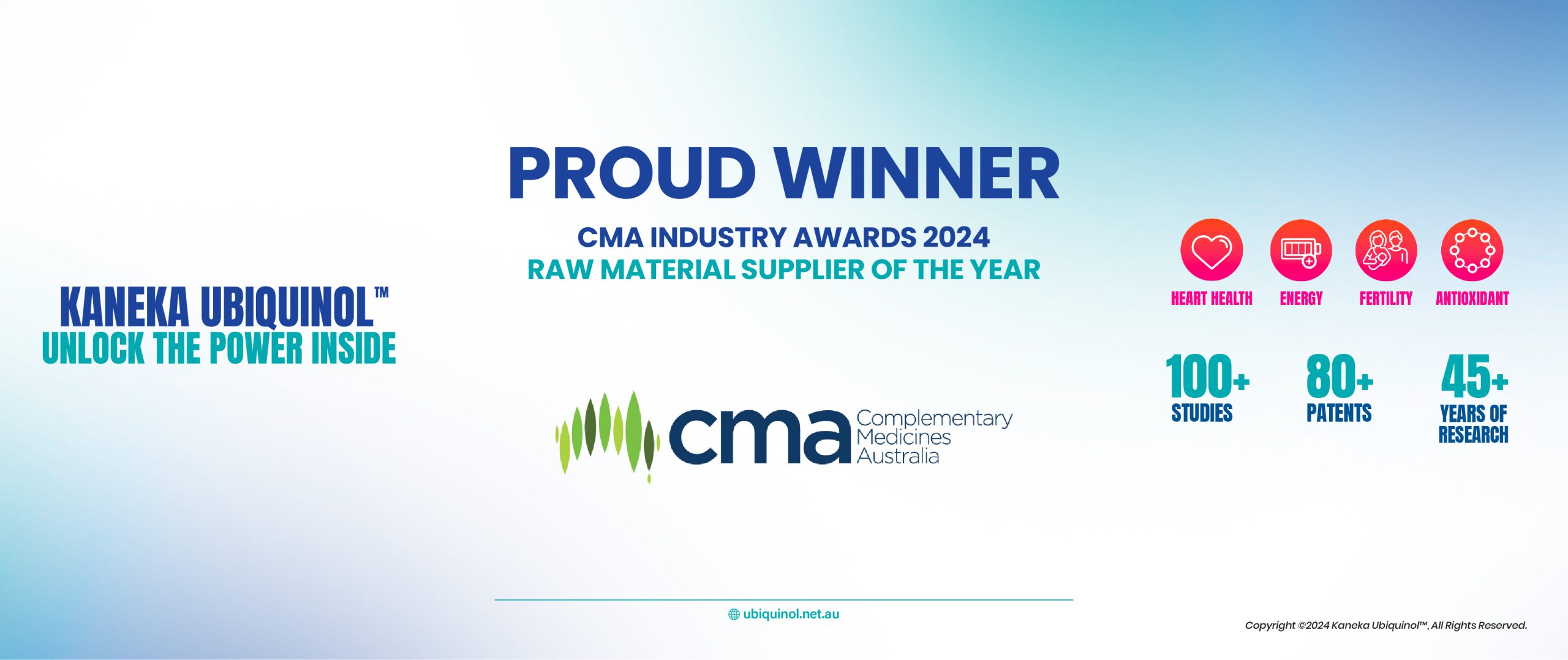
Kaneka Ubiquinol Wins Prestigious Complementary Medicines Raw Material Supplier of the Year Award 2024
Dec 2024Category: Ageing, Awards, cardiovascular health, complementary medicine, Conference, Conferences, Endurance, Energy, Fatigue, Fertility, Fitness, Health, Health Industry, healthy ageing, Heart, Immunity, In The News, Kaneka, Lungs, Memory, Mitochondrial health, Nutrition, Online, Stress, Ubiquinol, Vitamins, wellnessRead More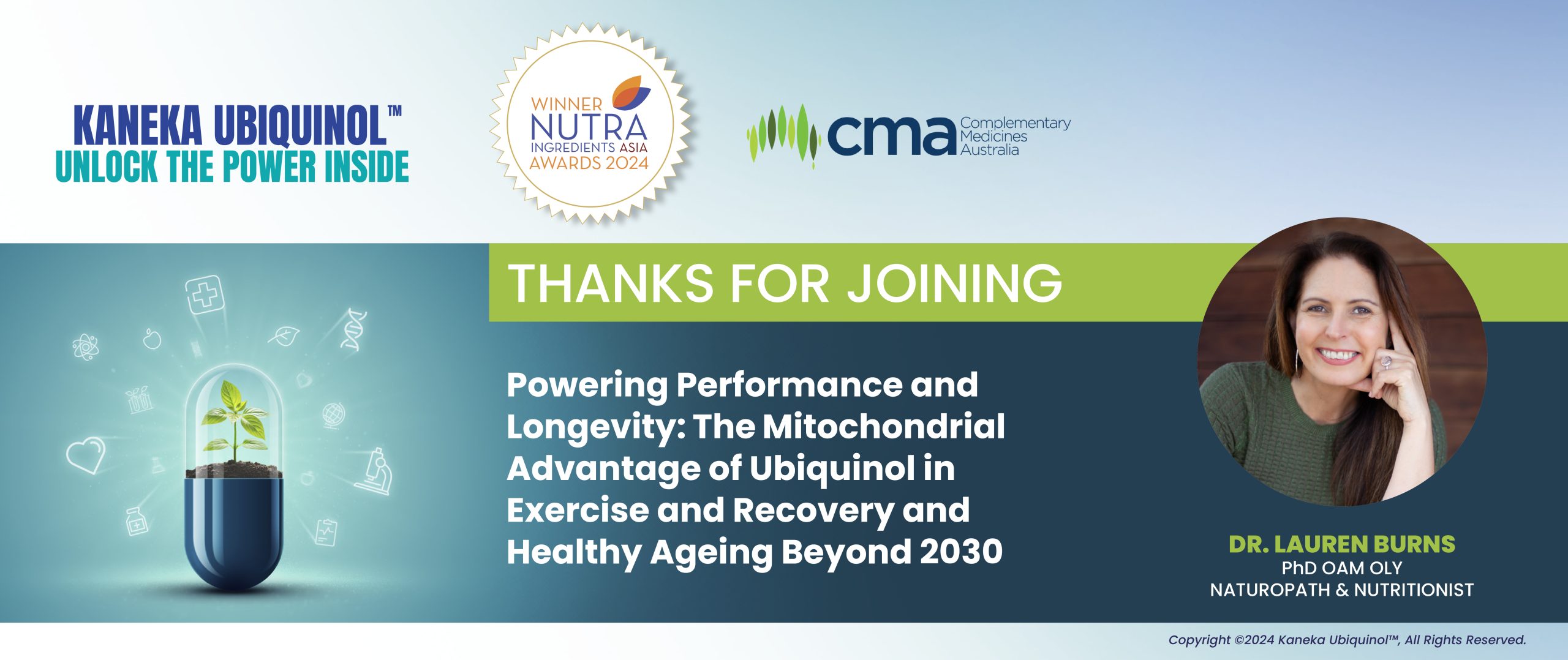
“Powering Performance and Longevity: Kaneka Ubiquinol™ at the CMA Annual Conference 2024”
Nov 2024Category: Ageing, Antioxidants, Awards, cardiovascular health, chronic fatigue syndrome, complementary medicine, Conference, Conferences, Endurance, Energy, Fatigue, Fertility, Fitness, Health, Health Industry, healthy ageing, Heart, In The News, Kaneka, Mitochondrial health, Online, Ubiquinol, VitaminsRead More
Natural Health Product Innovation Expo 2024
Nov 2024Category: Ageing, Antioxidants, cardiovascular health, Cholesterol, chronic fatigue syndrome, Conference, Conferences, Endurance, Energy, Fatigue, Fertility, Fitness, Health, Health Industry, healthy ageing, Heart, Kaneka, Menopause, Mitochondrial health, NHNZ, Nutrition, Stress, Ubiquinol, Vitamins, wellnessRead More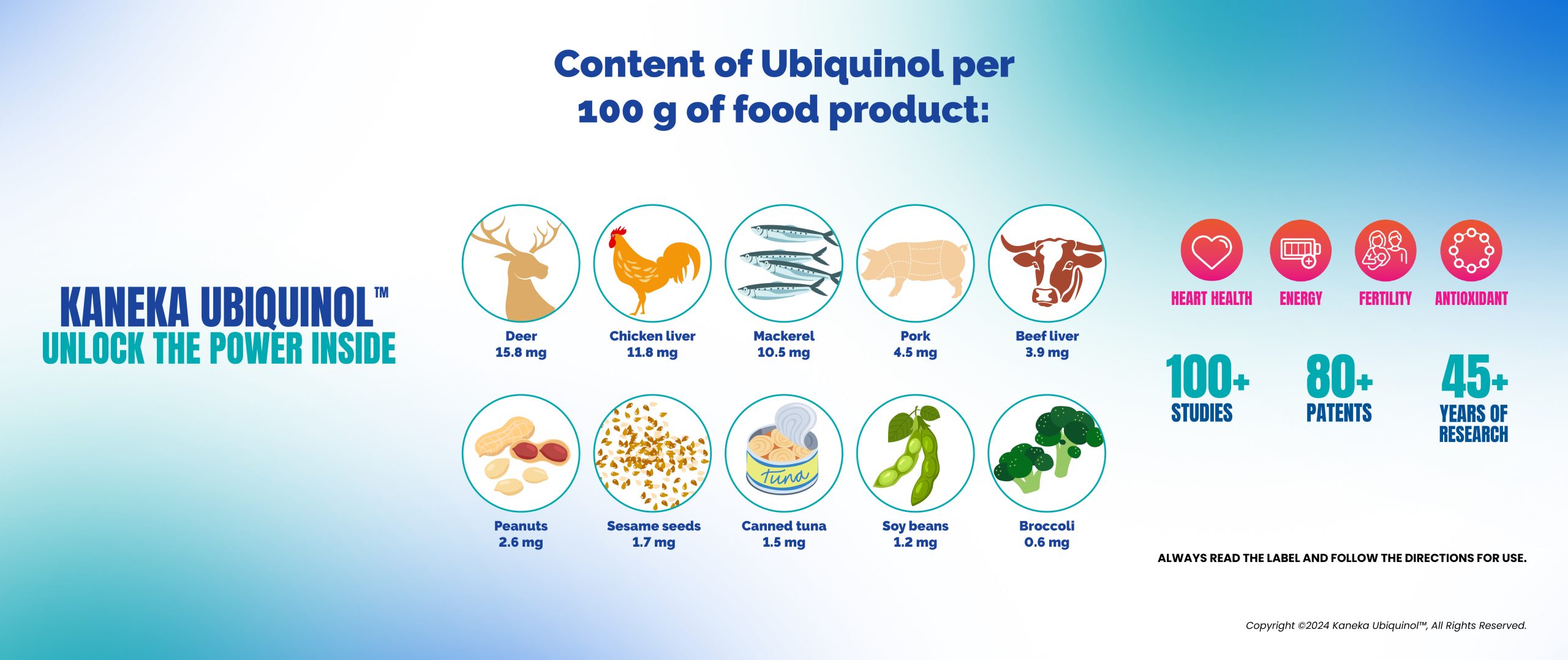
Ubiquinol: The Overlooked Nutrient for Vegans and Vegetarians
Oct 2024Category: Ageing, Antioxidants, Cholesterol, complementary medicine, Endurance, Energy, Fatigue, Fitness, Health, Health Industry, healthy ageing, Heart, Mitochondrial health, Nutrition, Stress, Ubiquinol, vitafoods, Vitamins, wellnessRead More
Investigating the Application of Ubiquinol in Mitochondrial Function
Oct 2024Category: Ageing, Antioxidants, cardiovascular health, Cholesterol, chronic fatigue syndrome, Endurance, Energy, Fatigue, Fertility, Fitness, Flu, Health, Health Industry, healthy ageing, Heart, Immunity, In The News, Kaneka, long covid, Lungs, Memory, Menopause, Mitochondrial health, myalgic encephalomyelitis, Nutrition, post pandemic, Stress, Ubiquinol, Vitamins, wellnessRead More
